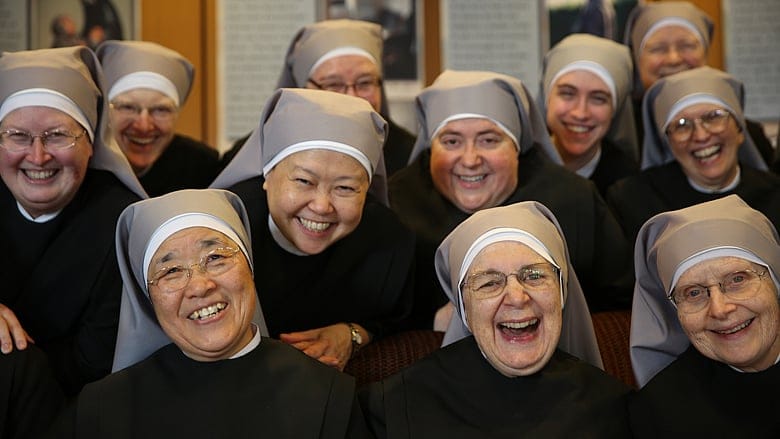Supreme Court to hear Little Sisters of the Poor

WASHINGTON, D.C. – After months of waiting, the international Catholic charity organization Little Sisters of the Poor will have their day in the U.S. Supreme Court, but the case will go forward without one of the Court's strongest defenders of religious liberty – Justice Antonin Scalia, who died suddenly last month from natural causes.
The eight remaining justices will hear oral arguments in the case of Zubik v. Burwell at 10 a.m. March 23.

